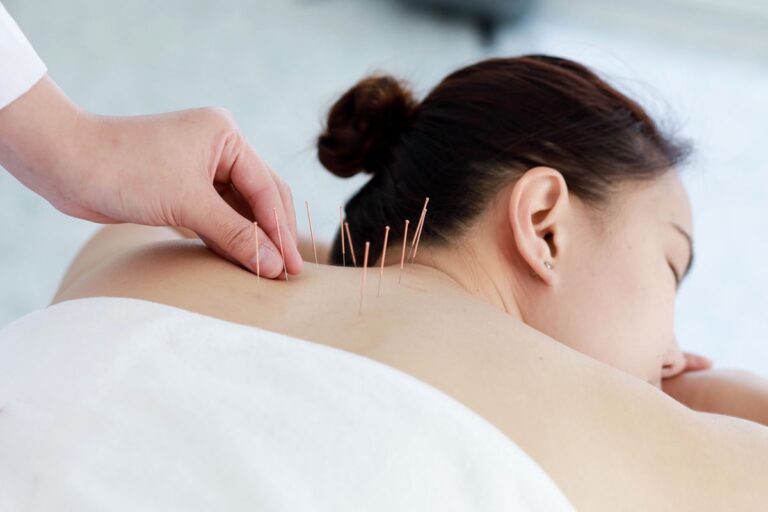The Epoch Times
“I’m sure that, as you have been reading, you see that acupuncture, having been developed in China and other Asian cultures, has a distinctively Eastern way of looking at the healing process that is different from the more familiar Western perspective of medicine. Since it was introduced to the United States and other Western countries, teachers, writers, scientists, researchers and practitioners have attempted to reconcile the East/West differences. In hospitals and clinics, Western Medicine practitioners are now performing research experiments using acupuncture in an effort to understand the process in Western terms. Acupuncture, a
traditional Chinese medicine
practice that has been around for thousands of years, is now gaining popularity in Western medicine as an alternative treatment for various ailments. This ancient approach involves the insertion of thin needles into specific points on the body, which is believed to stimulate the flow of vital energy or “qi” and help restore balance within the body. In this article, we will explore acupuncture from a Western medical perspective and discuss its potential benefits and applications.
Complementary Therapy
In recent years, Western medical practitioners have started to recognize the potential of acupuncture as a complementary therapy. Research has shown that acupuncture can be effective in treating several health conditions, including chronic pain, headaches, and
nausea associated with chemotherapy
. Moreover, the World Health Organization (WHO) has listed numerous conditions for which acupuncture may be beneficial.
Nervous System Stimulation
From a Western medical standpoint, acupuncture is thought to work by
stimulating the nervous system
, which then releases chemicals in the muscles, spinal cord, and brain. These chemicals can alter the perception of pain and promote the release of other substances that aid in the body’s natural healing process. Additionally, acupuncture is believed to influence the autonomic nervous system, which regulates essential functions like heart rate, digestion, and immune response.
Minimal Side Effects
One of the most significant advantages of acupuncture is its
minimal side effects
when performed by a qualified practitioner. Unlike many medications, which can cause a host of unwanted side effects, acupuncture is generally considered safe and well-tolerated. However, it is crucial to ensure that you receive treatment from a licensed acupuncturist who uses sterile, single-use needles to minimize the risk of infection or other complications.
Decrease Stress and Anxiety
In addition to its effectiveness in managing pain, acupuncture has also been found to help with stress and anxiety. Many patients report a sense of relaxation and well-being after receiving acupuncture treatments. This calming effect may be attributed to the release of endorphins, natural pain-relieving chemicals in the body that also contribute to a sense of happiness and tranquility.
Relief for Many Health Issues
While acupuncture may not be a one-size-fits-all solution, it can provide relief for many individuals suffering from various health issues. It is essential to consult with a healthcare professional before starting any new treatment, including acupuncture, to ensure it is appropriate for your specific needs and medical history.
Conclusion
In conclusion, acupuncture is an ancient healing practice that is increasingly being recognized and embraced by Western medicine. Its potential benefits, such as pain relief, stress reduction, and improved overall well-being, make it an attractive alternative or complementary treatment option for various health conditions. As research continues to uncover more about the mechanisms behind acupuncture’s effectiveness, it is likely that this time-tested therapy will continue to gain acceptance and popularity in the Western medical community. For residents of West Valley, Utah, seeking a natural and holistic approach to healthcare, acupuncture may be worth considering as part of their wellness journey.





